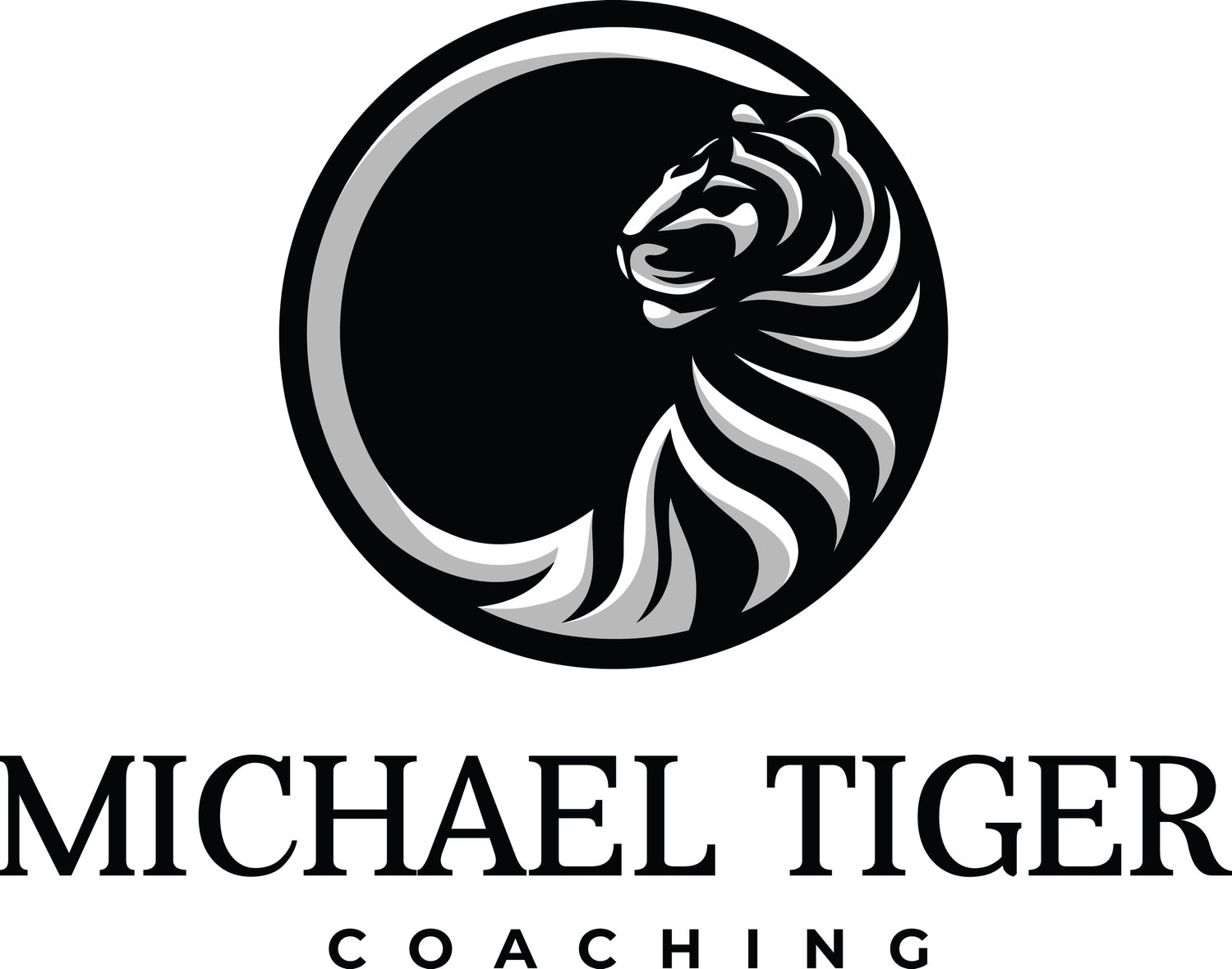What Your Childhood Family Role Reveals About Your Leadership Style
One of the most transformative leadership lessons I learned came during an independent study at Columbia Business School with Professor Ralph Biggadike. Instead of focusing solely on business strategies, he challenged us to reflect on something far more personal: the role we played within our families growing up. This seemingly simple exercise had a profound impact on how I understand myself and my leadership style today.
For me, I realized that I often took on the role of the Caretaker. I naturally stepped in to support and nurture my mother and brother, helping to manage challenges and ensure their well-being. This insight helped me connect more deeply to my leadership style—why I lead by empowering others and creating an environment where people feel safe and supported. It also revealed areas where my caregiving tendencies might hold me back, such as struggling to set boundaries when needed.
What role did you play in your family?
Reflecting on this can offer powerful insights into how you lead today.
Recently, I worked with a healthcare executive who discovered she had been the Protector in her family, always shielding her younger siblings from difficulties. In her professional life, this instinct showed up in how she led her team—frequently stepping in to solve problems for them. After reflecting on this, she began empowering her team to take on challenges themselves. The results were transformative: team morale soared, and their financial results exceeded expectations. They became a more cohesive, self-reliant unit, and she embraced a more strategic leadership role.
Common Family Roles and Leadership Styles
Here are a few family roles that may resonate with your childhood self. Consider how they might shape your leadership style and tendencies.
The Caretaker – Did you naturally step in to support and nurture others, ensuring their needs were met?
The Peacemaker – Were you the one who mediated conflicts and worked to maintain harmony?
The Protector – Did you take on the role of shielding others from harm, stepping in to guard them from challenges?
The Challenger – Were you the one questioning family norms and pushing for change or growth?
The Supporter – Did you quietly work behind the scenes to help others succeed, often in a low-profile way?
The Problem-Solver – Did you step in to fix things when others needed help, taking on the role of troubleshooting?
The Entertainer – Were you the one lifting spirits during tough times, using humor or lightheartedness to ease tensions?
Each role comes with its strengths and potential challenges that often carry over into our professional lives. A Caretaker may excel at creating supportive, inclusive environments but might struggle with setting boundaries. A Challenger might drive innovation but could also create friction if they push too hard.
Applying Your Childhood Family Role to Leadership
Understanding the role you played in your family can unlock new insights into your authentic leadership style. For me, my role as a Caretaker helped me embrace my strength of nurturing and empowering others, but it also made me more aware of the need to establish clearer boundaries. For my client, recognizing her Protector tendencies enabled her to become a more empowering and strategic leader.
While I don’t regularly incorporate this technique into coaching, when clients share personal stories and give permission, it often leads to powerful breakthroughs.
If you’re interested in exploring how your own family role might be influencing your leadership style, I’d be happy to discuss it with you. Let’s uncover those hidden insights and see how they can help you lead with greater authenticity and impact.
Note: Unfortunately, Professor Biggadike passed away in 2012 after years of inspiring students and business leaders alike. I was never able to tell him about his impact on me as a business leader and person. If you are fortunate enough to have someone that changed your life, I urge you to let them know. There's no better reward that hearing such sentiments firsthand.
